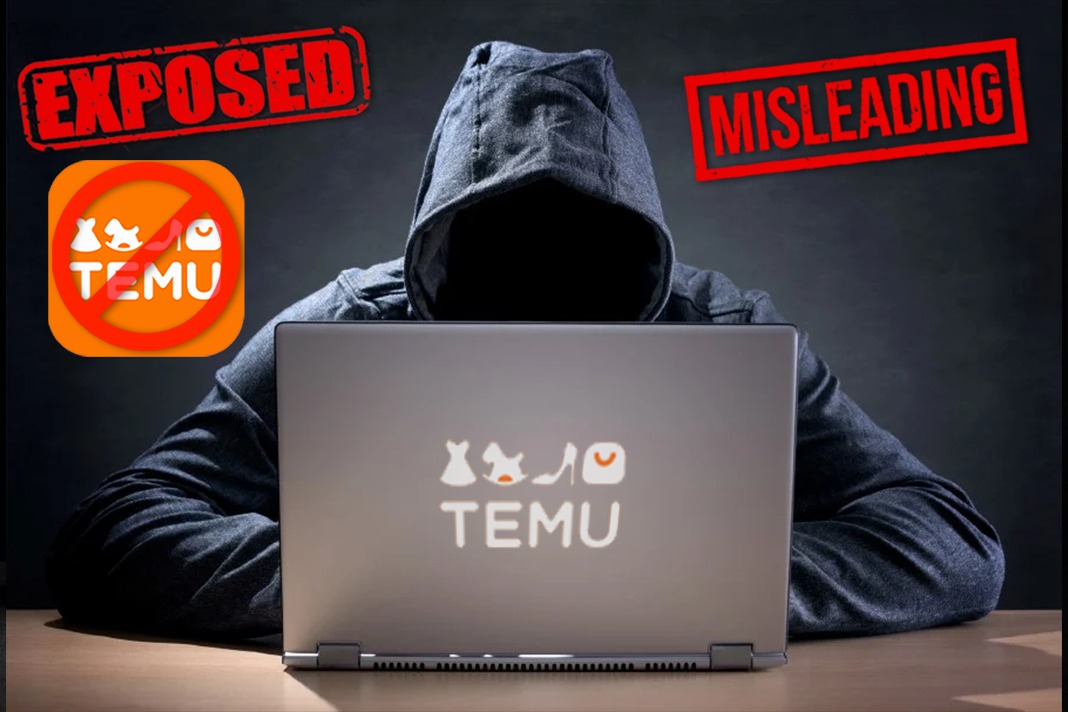
CCP Asks PTA to Address Temu’s Local Business Impact
The Competition Commission of Pakistan (CCP) has written to the Pakistan Telecommunication Authority (PTA) recommending urgent action against the overseas e-commerce platform Temu. In its official letter dated August 22, 2025, the CCP acknowledged that Temu is not registered in Pakistan and therefore lies outside its jurisdiction. It stressed, however, that the complaints were serious enough to warrant PTA intervention, noting that its recommendation followed due diligence and an extensive investigation into the platform’s practices. The CCP concluded that Temu poses risks to both fair competition and consumer rights in Pakistan.
The letter reflects mounting frustration among local retailers and consumer advocates who argue that Temu is destabilising the country’s still-nascent e-commerce sector. In just a few months, Temu has flooded social media with advertising and lured buyers with steep discounts and gamified promotions. While these tactics have helped it attract customers, business groups warn that the platform’s growth is coming at the direct expense of Pakistan’s domestic economy.
Industry associations, including the Pakistan Retail Business Council and the Chainstore Association of Pakistan, accuse Temu of engaging in anti-competitive behaviour. They point to products being sold well below production and distribution costs, making it impossible for local businesses to compete. Small retailers, who form the backbone of Pakistan’s retail sector, say they are already under pressure and fear widespread closures if such practices continue unchecked, threatening thousands of jobs and livelihoods.
E-commerce in Pakistan accounts for only a fraction of overall retail activity but has been growing steadily. Crucially, it has become a source of alternative income for many Pakistanis, especially women and entrepreneurs in smaller cities. At a time of economic uncertainty, these opportunities have provided livelihoods where formal employment is limited. Industry experts caution that Temu’s disruptive model could undermine this progress by weakening local platforms that have invested in compliance, logistics, and customer service. Once Temu establishes dominance, they warn, it would be in a position to dictate prices and conditions without competition.
Consumers too are voicing complaints. Reports cite low-quality products, misleading advertising, and challenges with returns and refunds. Shoppers have highlighted fake reviews and manipulated images, as well as the absence of cash-on-delivery. Instead, Temu requires advance payments of at least PKR 2,000, a barrier for many households. Without local warehouses or service centres, customers who receive faulty goods are often left without recourse.
Consumer rights groups argue that this exposes a serious regulatory loophole. Domestic platforms must comply with taxation rules, consumer protection laws, and return policies, yet Temu avoids all such obligations. This creates an uneven playing field that penalises local businesses for following the rules while allowing a foreign entrant to profit without accountability. Advocates warn that unchecked practices risk undermining consumer trust in e-commerce at a time when Pakistan is working to build a reliable digital economy.
Observers point to responsible international platforms as a contrast. In FY24, foodpanda facilitated PKR 75 billion in restaurant GMV, boosting jobs and income in the sector. The company contributed PKR 9.76 billion in taxes and supported more than 50,000 riders alongside thousands of entrepreneurs, expanding financial inclusion through fintech solutions. Analysts argue this shows how global entrants that invest locally and respect regulations can generate a positive economic impact, unlike Temu, which drains value while bypassing accountability.
Local businesses also highlight a widening policy gap. Taxes on international platforms have been rolled back to encourage foreign investment, while domestic businesses remain burdened with additional taxes and compliance costs. Retailers argue that this double standard tilts the market further in favour of overseas entrants like Temu at a time when local entrepreneurs are already struggling with inflation, weak demand, and rising operating expenses.
The PTA now faces a pivotal decision. It can act on the CCP’s referral to block or regulate Temu, or allow the platform to continue unchecked. Industry leaders say the choice will shape not only Temu’s future in Pakistan but also the credibility of the country’s digital regulatory framework. For businesses and consumers alike, the outcome will determine whether Pakistan defends its domestic economy during a period of economic struggle or cedes control of its digital future to an unregulated overseas platform.
For now, Temu continues to expand its reach, drawing in customers with low prices while local businesses bear the cost. With complaints growing and regional precedents already established, pressure on the PTA is mounting. The CCP has made the risks clear, and the case for decisive intervention has never been stronger.






